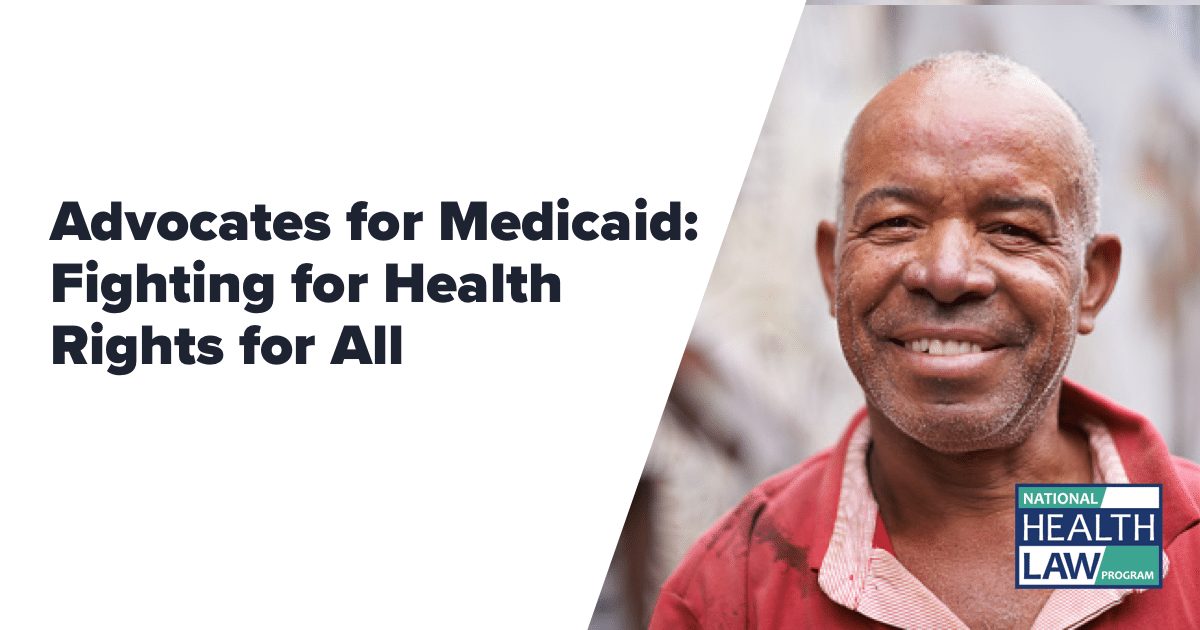Two Years On: The Reversal of Tanzania’s Education Policies for Adolescent Mothers
By Joelle Boxer
In November 2021, Tanzania’s Ministry of Education reversed a policy preventing adolescent mothers from attending public schools. Two years on, research shows the movement for #ArudiShuleni (“Back to School”) requires continued support.
Prior to the policy change, an estimated 6,550–15,000 Tanzanian girls and adolescents were forced out of school each year due to pregnancy, while thousands more were subject to coercive pregnancy testing. The reversal has fundamental implications at the intersection of rights to sexual and reproductive health care and education.
This article will review the expulsion policy, efforts leading to its reversal, and the government’s recent re-entry guidelines, with a focus on the driving role of civil society.
A long-running practice, with presidential endorsement in 2017
While the practice may have begun earlier, the legal framework for school expulsion of pregnant adolescents is typically traced to Education Act regulations adopted in 2002. The regulations, which apply to all public primary and post-primary schools, set out criteria under which the “expulsion of a pupil from a school may be ordered.” These include when a student has committed an “offence against morality” or “entered into wedlock.” Sex and pregnancy outside of marriage may be interpreted as violations. Advocates have described the justification for expulsion on this ground as “unfounded,” and the term “may” would nevertheless give schools discretion. Still, interviews with government and school officials demonstrated a widespread belief that expulsion of pregnant students was required by law.
In 2017, the policy was endorsed publicly by then-President John Magufuli. His comments at a rally were widely reported: “In my administration, as long as I am president… no pregnant student will be allowed to return to school. We cannot allow this immoral behavior to permeate our primary and secondary schools… never.”
Activism and litigation
I moved to Tanzania to work at a local hospital only a couple of months after President Magufuli’s comments. The hospital, working in partnership with the government, was preparing to open a maternity wing specifically to reach pregnant adolescents. I wondered how the policy would impact these plans and what the response would be, given what was described as a “shrinking” space for democratic freedoms in Tanzania at the time.
In fact, Tanzanian civil society was long active in bringing about the reversal of the policy and continued to speak out against it after President Magufuli’s comments, even in the face of threats. Since at least 2009, civil society organizations were in discussion with Ministry of Education officials about draft re-entry guidelines, though they were never finalized. Immediately after President Magufuli’s comments, 26 civil society organizations issued a joint statement voicing their disagreement. Member of Parliament Halima Mdee criticized the policy at a press conference and was arrested for using “insulting” language. Concerned Citizens of Tanzanian Civil Society wrote a letter to the World Bank urging it to withhold a $500 million loan for the education sector, arguing that it would be a “slap in the face” to girls and women and should be conditioned on legislation protecting pregnant students’ right to an education. Leading opposition figure and member of Parliament Zitto Kabwe wrote his own letter, leading to accusations of treason and death threats.
In addition, civil society organizations filed at least four high-profile lawsuits to challenge the policy. In September 2012—before President Magufuli’s endorsement—the Legal and Human Rights Centre (LHRC) and the National Organisation for Legal Assistance filed a petition in the High Court of Tanzania, which was dismissed in 2017. In June 2019, LHRC and the Center for Reproductive Rights filed a complaint before the African Committee of Experts on the Rights and Welfare of the Child (ACERWC). In April 2020, Inclusive Development For Citizen and Center For Strategic Litigation Limited filed a reference before the East African Court of Justice (EACJ). In November 2020, Tike Mwambipile and Equality Now filed a case before the African Court on Human and Peoples’ Rights (AfCHPR).
Reversal and introduction of re-entry guidelines
This activism continued to generate attention, and with a change in Tanzanian leadership, eventually led to the policy’s reversal.
- In March 2021, President Magufuli unexpectedly died, leaving his then-Vice President Samia Suluhu Hassan to succeed him.
- In November 2021, the Ministry of Education released Education Circular No. 2, reversing the policy by allowing students who had dropped out due to pregnancy to return within two years while receiving guidance and counseling.
- In February 2022, the Ministry of Education issued “Guidelines to reinstating students who dropped out of primary and secondary education for various reasons” to follow up on this announcement.
Despite the reversal, the case in front of ACERWC moved forward to “ensure a lasting change.” In September 2022, ACERWC ruled in favor of the Tanzanian schoolgirl plaintiffs, finding the government in violation of the following rights guaranteed in the African Charter on the Rights and Welfare of the Child: nondiscrimination, best interests of the child, privacy, education, health and health services, protection against child abuse and torture, and protection against harmful social and cultural practice. Because of the ACERWC decision, AfCHPR found the case to be moot in December 2022, though the EACJ case is still pending.
And the situation on the ground? Recent news reports suggest that “a significant number” of girls expelled due to pregnancy have not returned to school. Tanzania Education Network’s Working Group on Re-Entry Guidelines released recommendations on their target group, stakeholder implementation, and monitoring and evaluation. Msichana Initiative found that the guidelines required more budget commitments, awareness campaigns, economic and social support for adolescent mothers, strategies to address root causes of school dropout, and action to end child marriage. Civil society organizations continue to call for the government to fund and implement the guidelines, expand re-entry to pregnant students (not just post-delivery), and codify the new policy through legislation. As the history of this policy shows, they have a vital role to play.






